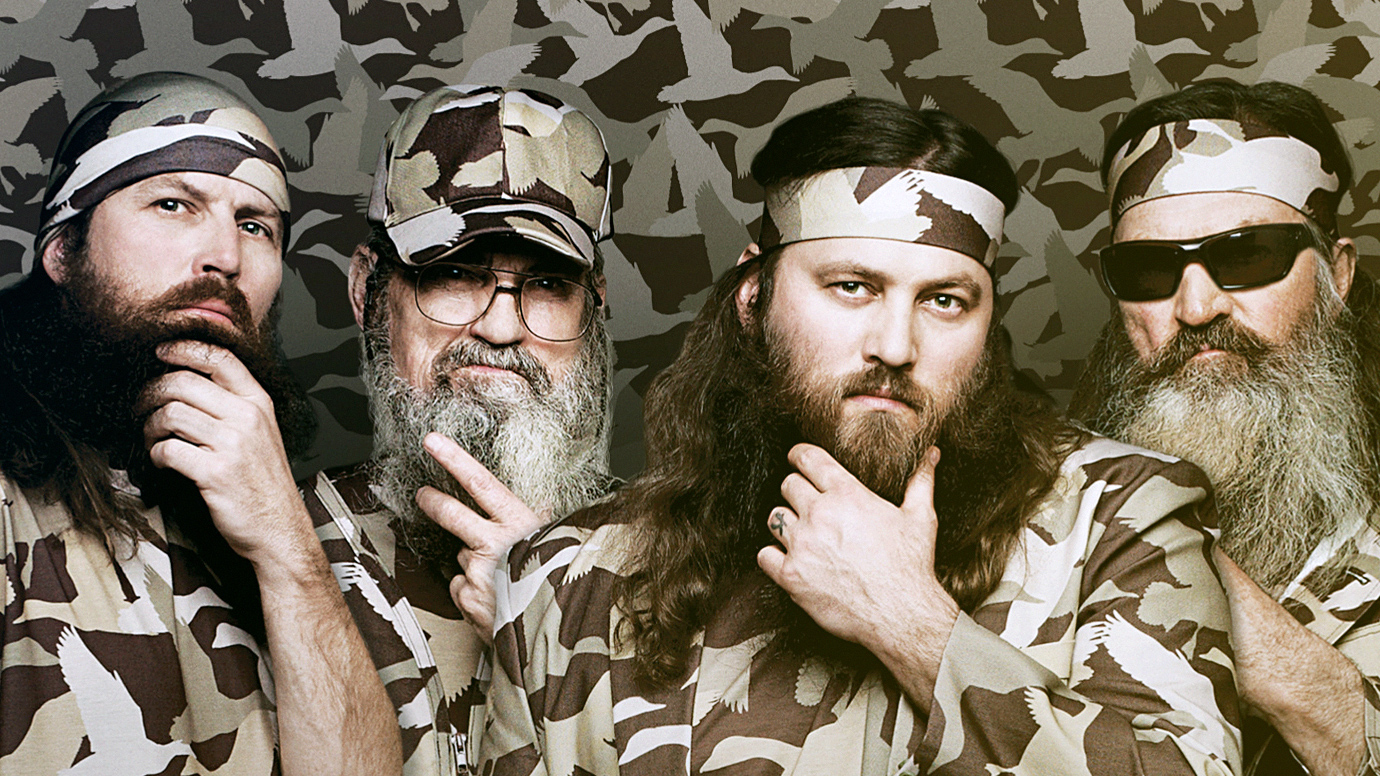
I know it’s been 902 days since I last used drugs or drank (not that I’m counting), but still to this day, when someone close to me gives me that “Are you high?” look or even comes out and asks me if I’m using, I can’t help but feel anger quickly rising up from within. I think to myself, “Me?! USE?! Are you crazy?!” After all, it’s not like I excessively used drugs and alcohol for a solid decade, destroying everything and everyone close to me in the process.
Oh, wait.
Talking to the guys in my house, I have found that this type of “how could you?” attitude is very common amongst us addicts. You see, as we put together a few clean days, we quickly forget all the pain and hurt we caused during the long stretch of not so clean days. Selectively we drop the bad memories and only pick up the new good ones. In some ways that’s not a bad thing, I suppose, but it got me thinking about accountability and just how much of the responsibility of accountability (that’s a tongue twister) falls on us, the ones needing the help, as it does our accountability partner(s).
If you’re reading this, chances are there is something in your life you are trying to work through. For some, you’re smack dab in the middle of active addiction, be it chemical, sexual, relational, you name it. Others are seeking to eliminate a poor habit from your life: cussing, hamburgers, watching Duck Dynasty, stuff like that. And some of the rest of you are on a quest to improve your health. So you’re juicing, dieting, hitting the gym or cross-fitting yourself to death every other day. Regardless, in every endeavor in life to improve, one of the key contributing factors to our success is accountability.
So let’s talk about two tips for making the most of your accountability:
1. You asked for it, so take it
How does someone become your mentor or accountability partner? You ask them, right? Of course you do, unless a judge assigns you one, but that’s a whole different story. Accountability is given with permission. Your permission. So when your partner actually begins to invoke his right to question you, critique you, or check on you, don’t get all defensive and chop them down at their knees. Listen, holding someone accountable is a very difficult job. Trust me on this one; this is probably the hardest part about my job at Hope HQ. Asking the tough questions, double-checking people’s work, caring enough to call someone out… these kind of activities are NOT easy. So remember this the next time you get all huffy and puffy when the person you asked to keep you in line tries to keep you in line. You asked for it, so take it!
2. Don’t play Hide and Seek
So many times we get jacked up as we jump into something new and ask someone to help us, which is great, but as soon as the newness wears off and we start missing meetings, stop going to the gym, quit reading the Bible every night, we start hiding from that person we asked to keep us in line. Phone calls are ignored, text messages aren’t returned, and soon we’re ducking out of church or hiding behind end caps at Wal-Mart just so we don’t have to see them. It doesn’t have to be this way! Accountability is about support and encouragement, not about judgment and guilt. So if you do fall off your proverbial wagon, just face the fear head-on, call your accountability partner, and tell them the truth. Tell them you blew it, you messed up, but you’re ready to get back on track. This type of direct response cuts the tension right down the middle and allows both parties to get back on the track towards success.
Accountability is the key to growth in any area of our life. For most of us, our past has proven to be a great example of just how successful we can be on our own, but today we know that we need help and that’s a good thing to accept. Hopefully these two tips will help you as you continue down your journey to health, happiness, and a life free of Duck Dynasty.
Hope is Alive!